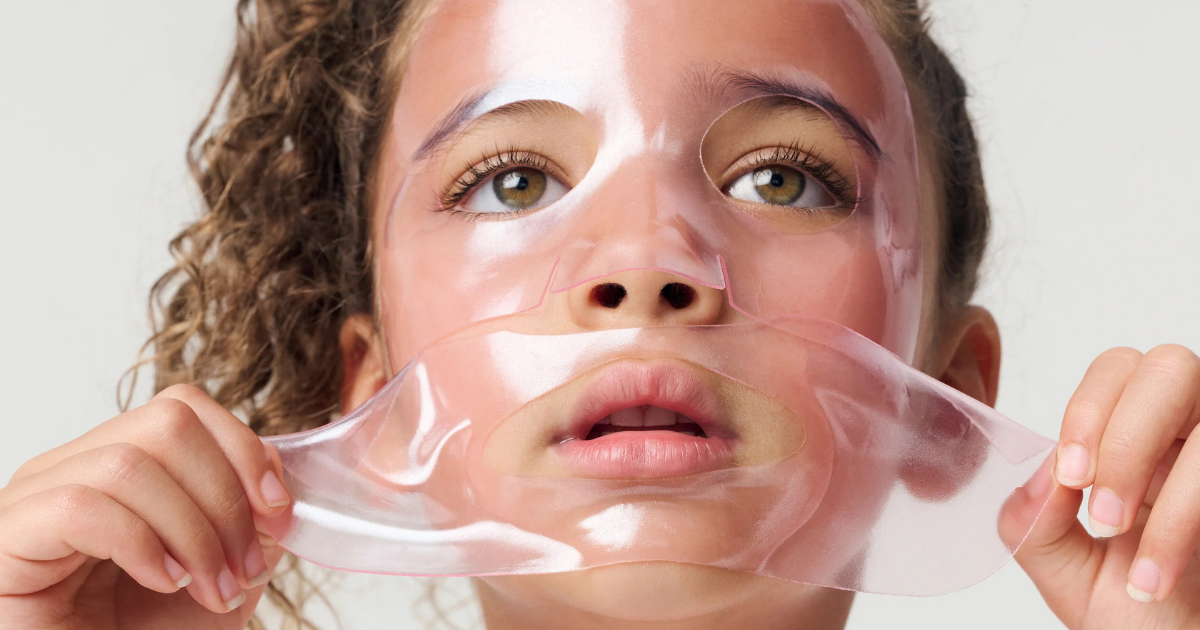Shay Mitchell Has Launched a Skincare Brand for Kids—and It’s Sparking A Backlash Online
The launch has raised serious questions


Celebrity news, beauty, fashion advice, and fascinating features, delivered straight to your inbox!
You are now subscribed
Your newsletter sign-up was successful
Actress-turned-entrepreneur Shay Mitchell has unveiled a new skincare brand, Rini—a collection of sheet masks promising everything from deep hydration to after-sun soothing. Oh, and they’re designed for three-year-olds.
As a mother and a beauty editor, I wish I could say this was a joke. The pressure on children to look and act a certain way has never been greater, and our collective obsession with youth—and the optics of perfection—is trickling down faster than ever.
In the last couple of years, reports emerged of “Sephora kids”—tweens flocking to beauty counters in search of products containing active ingredients like retinol and salicylic acid, which are far too potent for their young, vulnerable skin. But sheet masks for three-year-olds? That feels like an entirely new level.
In her Instagram announcement, Mitchell explained that Rini isn’t about beauty so much as self-care—teaching children that taking care of themselves can be fun. "This has been three years in the making, inspired by my girls, their curiosity, and all the little moments that made me realize how early it starts," she wrote. "From birthday parties and face paint to wanting to do “what mommy does” with her face masks… it was only a matter of time."
A post shared by Shay Mitchell (@shaymitchell)
A photo posted by on
Predictably, the internet has been quick to react. Social media is awash with commentary, ranging from mildly supportive to outright appalled. One user quipped, “Because why should your body dysmorphia start in your teens when it can start way earlier?” Another asked, somewhat ironically, whether Rini had conducted focus groups with its target consumer.
Mitchell added, “Kids are naturally curious and instead of ignoring that, we can embrace it. With safe, gentle products parents can trust, and sweet moments that bring us closer." In principle, that’s defensible. But shouldn’t “safe” encompass all aspects of the experience—not just the ingredients list, but the messaging too?
Don’t get me wrong—there are certain skincare products children absolutely should be using. SPF, for instance. A simple emollient if they’re prone to dryness or eczema. But those are functional, dermatological interventions, not lifestyle products. There’s a difference between teaching your child about basic skin health and selling them a sheet mask ritual packaged in the language of commercial wellness and aspiration.
Celebrity news, beauty, fashion advice, and fascinating features, delivered straight to your inbox!
Because what message does Rini send—not to parents, who may be reassured by the free-from formulas, dermatologist endorsements and Leaping Bunny certification—but to the children themselves? They’re not reading labels or comparing ingredient lists. What they’re absorbing is the idea that skincare equals self-worth.
So is this really as innocent as “teaching self-care,” or something more insidious—the early adultification of young children, subtly conditioning them to equate femininity with maintenance and marketability? At best, it’s a misguided attempt to make self-care playful. At worst, it’s beauty culture finding its next demographic—and that should give us all pause.
Marie Claire UK contacted Rini for comment but had not received a response at the time of publication.

Lottie Winter is the Beauty Director at Marie Claire UK. With over a decade of beauty journalism under her belt, she brings a desire to cut through the noise and get to what really matters–– products that deliver, conversations that empower, and beauty that makes people feel like their best selves.